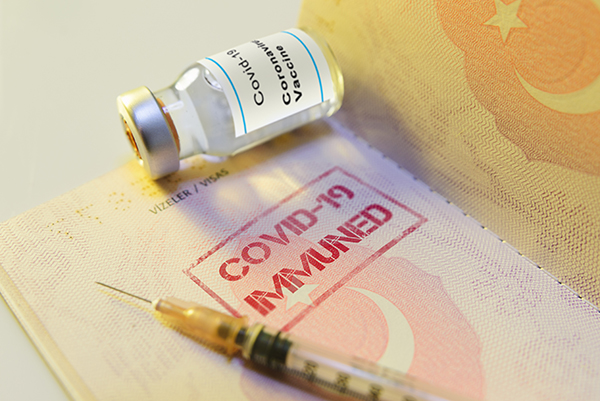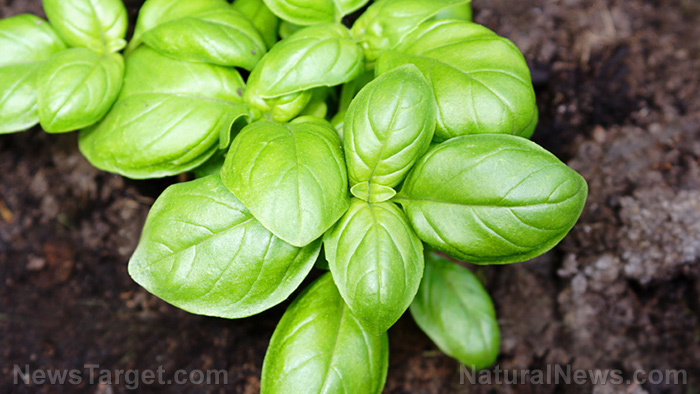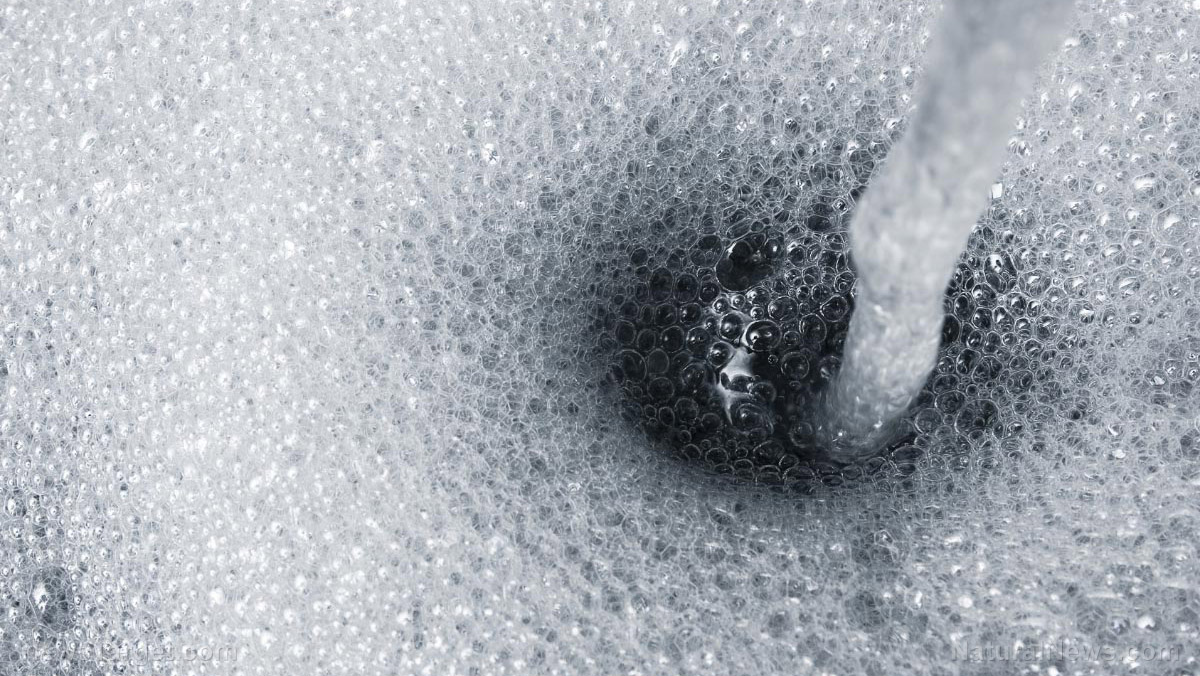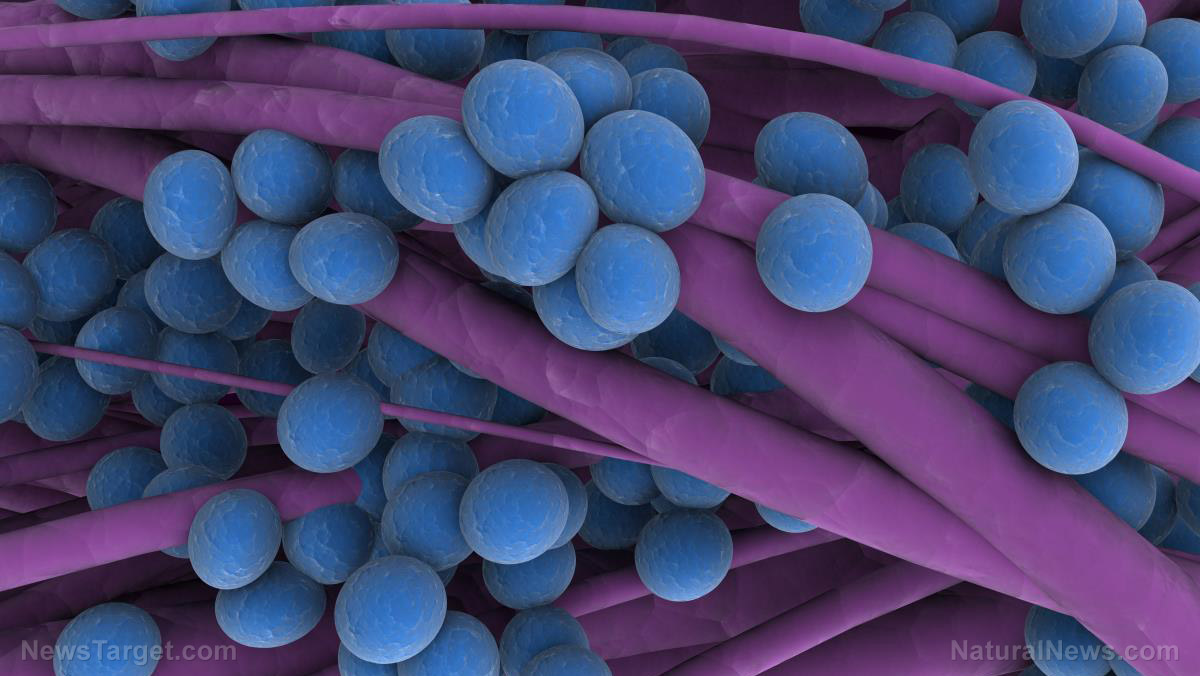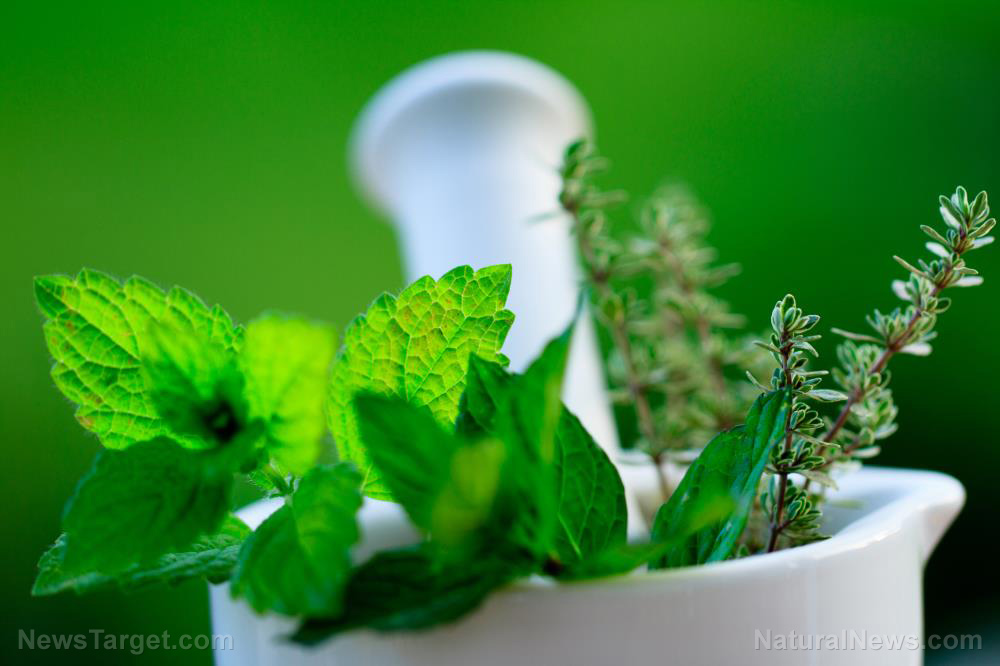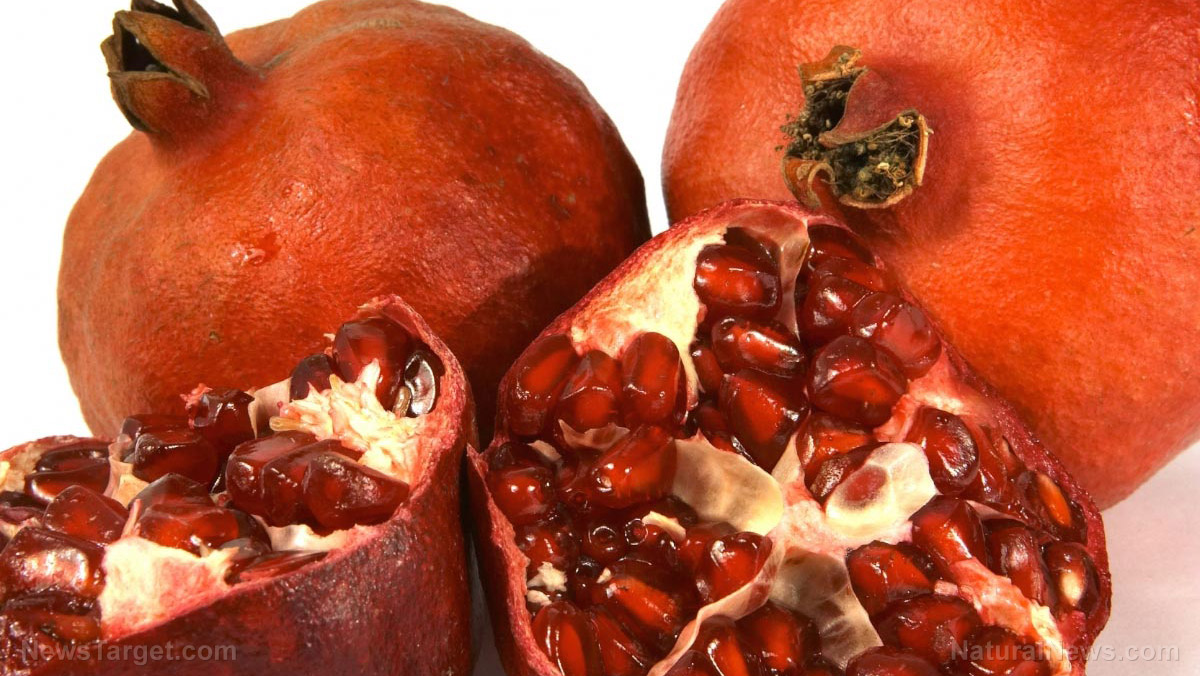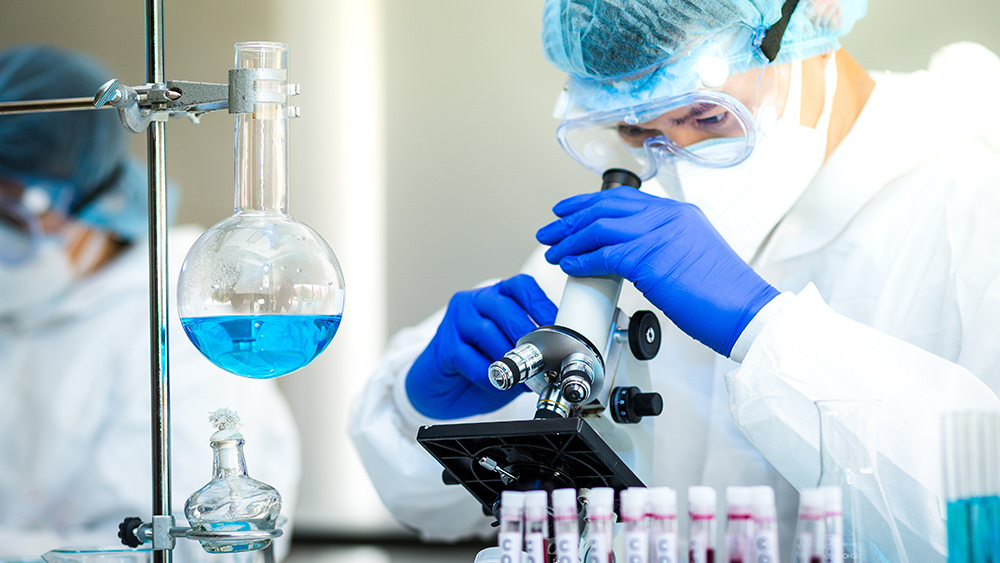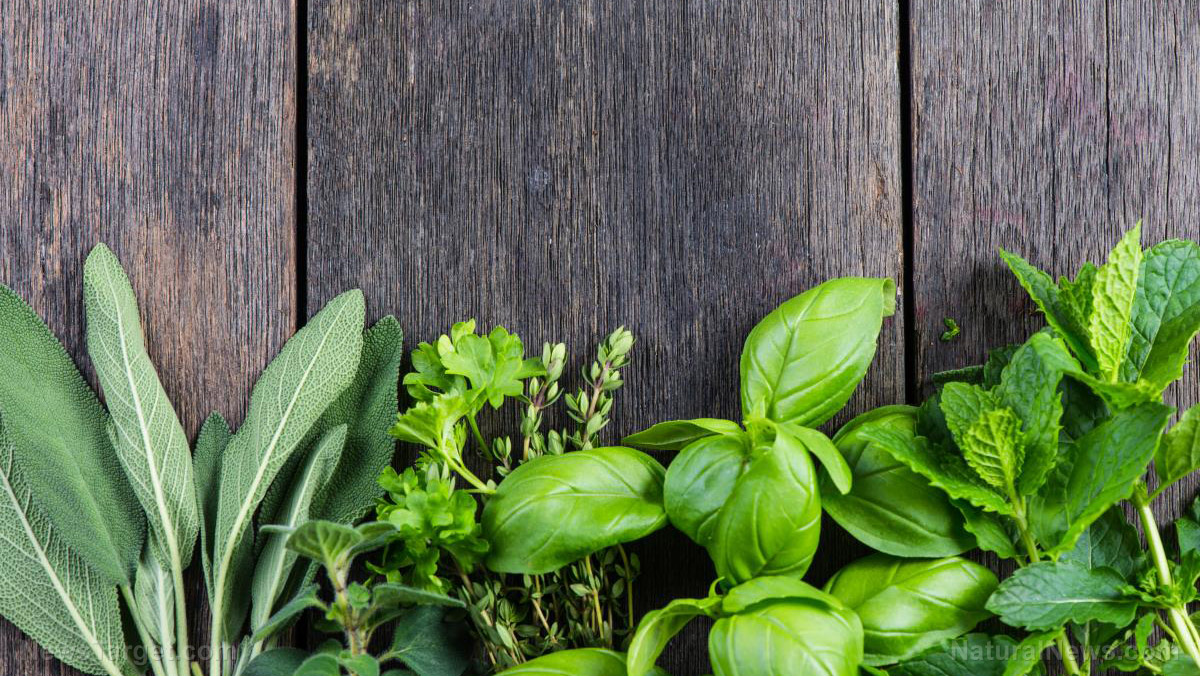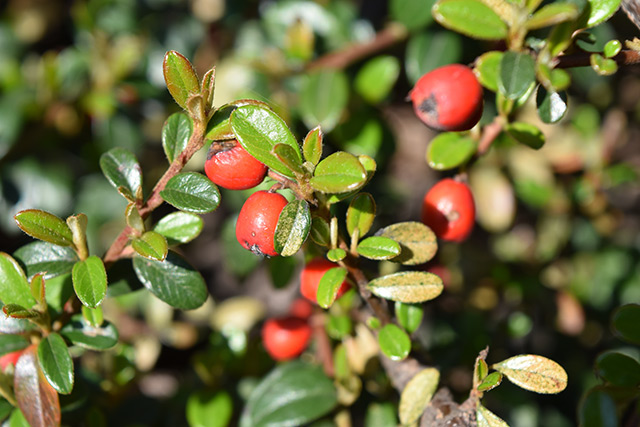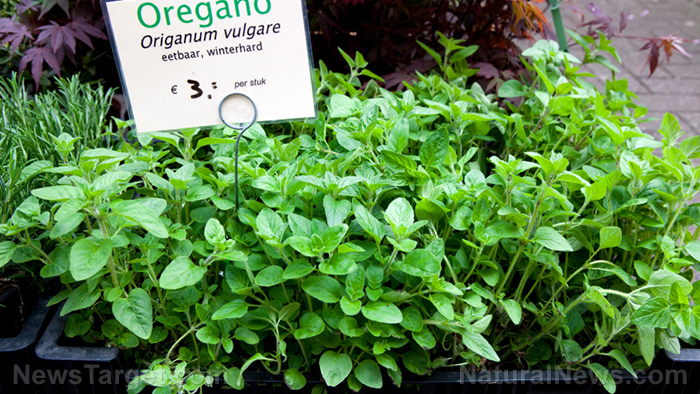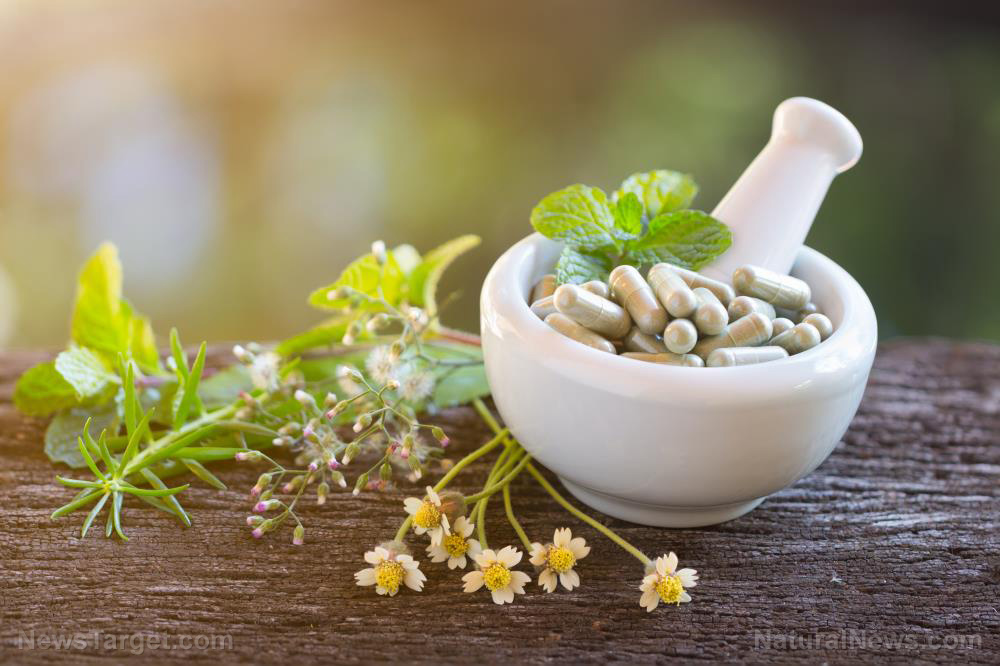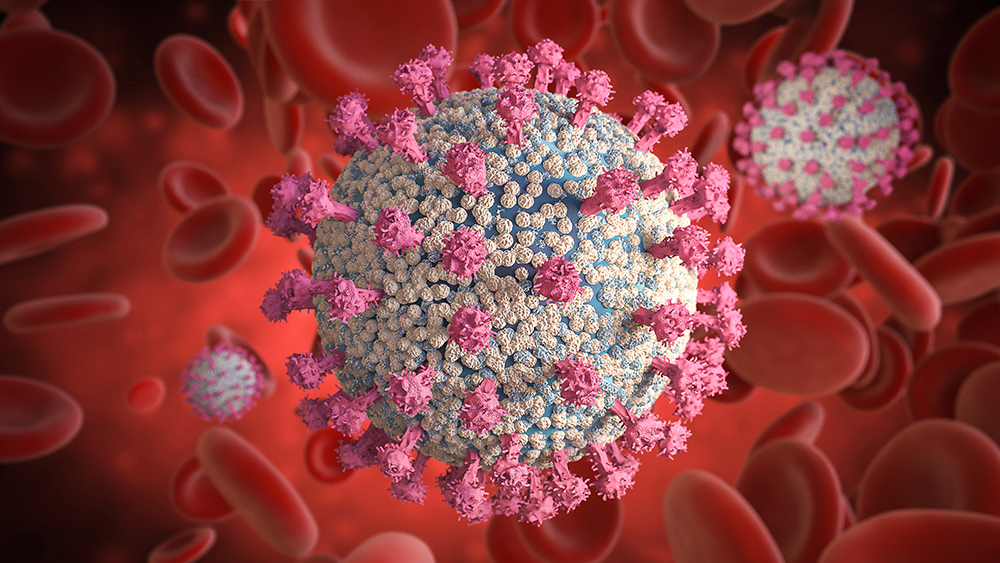4 Excellent antibacterial agents found in nature
08/27/2021 / By Cassie B.
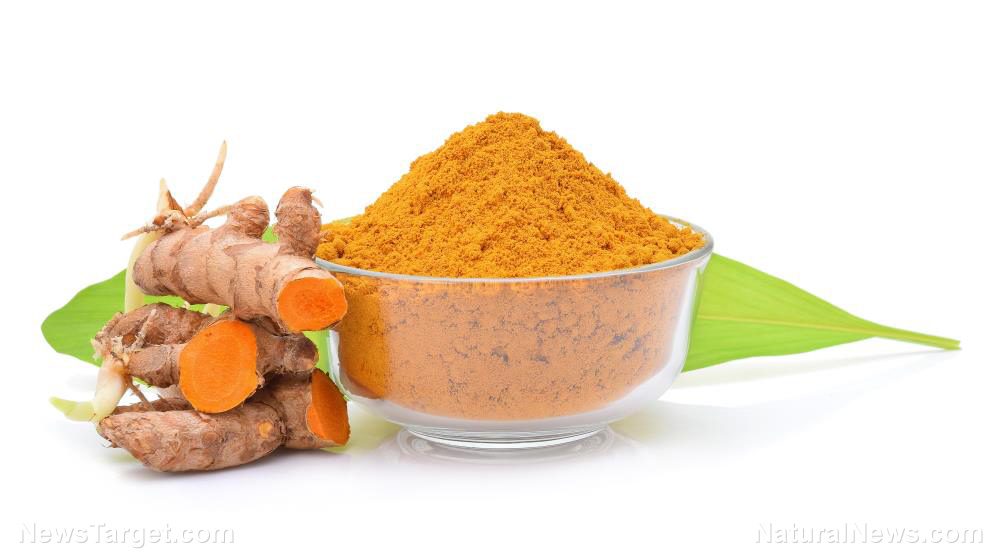
COVID-19 may be getting all the headlines lately, but antimicrobial resistance is still considered one of the top public health threats around the world.
Antibiotic resistance, which refers to bacteria resisting antibiotics, is a very important issue, but the larger issue is antimicrobial resistance, which describes the opposition of any type of microbe to the drugs that scientists have created to kill them. Not only does it develop in bacteria, but it can also be found in parasites, viruses and fungi.
At the heart of the problem is the overuse and misuse of antimicrobials and antibiotics. To illustrate how serious the problem is, statistics from the U.S. show that 2.8 million people develop antibiotic-resistant infections each year and 35,000 die as a result. Unfortunately, as pathogens that resist these drugs spread, infections that were very easy to treat in the past are becoming more life-threatening.
What few people realize is that there are lots of excellent antibacterial agents in nature, and many of them have been used to great effect for thousands of years. Although it is always a good idea to seek medical attention if you have a serious infection, it is also helpful to know which antibacterial agents can be found in nature, particularly if you are ever in an emergency situation where getting to a hospital is not possible.
Here is a look at four of the natural antibacterial agents that were recently highlighted by GreenMedInfo.
Curcumin
The active compound in the orange spice turmeric, curcumin has played a significant role in traditional medicine in Asia for centuries. It is known for significant antifungal, antiviral and antibacterial effects.
Some of the conditions it’s use is believed to help alleviate include candida, streptococcus, Staphylococcus aureus, HPV, herpes, noroviruses, H. pylori and E. coli.
Curcumin is easy to incorporate into your diet because it works well in many different foods, including soups, stews, curries, bean dishes, meats and salad dressings. However, people with some conditions, such as oral plaque and HPV, use it topically.
Cranberry
When people think of natural remedies for common problems, cranberry is most often associated with treating urinary tract infections. That is because the fruit contains several active compounds including anthocyanins, phenolic acids, proanthocyanins and organic acids that can inhibit the growth of bacteria such as Staphylococcus as well as salmonella and E. coli in the urinary tract.
In addition, the compounds in cranberry have shown anti-adhesion effects for both gram-positive and gram-negative bacteria, which means that it can stop bacteria from adhering to tissues. A recent study also showed that it has an anti-bacterial effect against certain periodontal pathogens by reducing adhesion of the bacteria and stopping the bacteria from colonizing the mouth.
Probiotics
There is a good reason that ancient civilizations were so fond of fermented foods. The probiotics that they contain can increase the beneficial bacteria in your gut. However, many people don’t realize that probiotics can also stop bacterial pathogens such as salmonella, C. difficile, shigella and E. coli. They are also believed to inhibit pathogenic bacteria.
Some of their uses that are backed by scientific evidence include decreasing candida, reducing the accumulation of bacterial plaque, fighting skin pathogens and reducing giardia infections.
Honey
An ancient remedy that comes up time and time again when seeking natural remedies, honey is unique because it offers broad spectrum antibacterial activity through a host of components that work synergistically.
Because it blocks bacterial communication, antibiotic resistance is considered unlikely to develop against it. It also supports the growth of the beneficial gut flora that can help control infections thanks to its content of zinc, probiotics and prebiotics. It may even be useful against multidrug-resistant bacteria. Honey is great for burns, ulcers, skin and eye diseases, traumatic injuries and post-surgical wounds.
Of course, there may be times when you need to take antibiotics to save your life, but it is important to ensure that you truly need them when your doctor prescribes them to you. At the same time, however, we cannot overlook the importance of nature and the value of the many remedies that it provides us.
Sources for this article include:
Tagged Under: alternative medicine, antibacterial, Antibiotics, antimicrobial resistance, cranberry, curcumin, food cures, food is medicine, honey, infections, natural antibiotics, natural cures, natural medicine, probiotics, remedies, superbugs, turmeric
RECENT NEWS & ARTICLES
COPYRIGHT © 2017 NATURALANTIBIOTICS.NEWS
All content posted on this site is protected under Free Speech. NaturalAntibiotics.news is not responsible for content written by contributing authors. The information on this site is provided for educational and entertainment purposes only. It is not intended as a substitute for professional advice of any kind. NaturalAntibiotics.news assumes no responsibility for the use or misuse of this material. All trademarks, registered trademarks and service marks mentioned on this site are the property of their respective owners.

